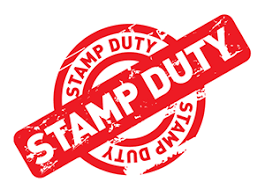Culled—Proshare
January 9, 2020
By CSL Research
Oil marketers across the country have fought back against the payment of N50 for transactions done via POS machines. Oil marketers are resisting the regulatory induced charge under the aegis of Major Marketers Association of Nigeria (MOMAN) following discussions with the Petroleum Pricing Regulatory Agency and the CBN. The resistance of petroleum marketers to the stamp duty charge does not come as a surprise given the tight margins in the downstream business.
We recall that the Central Bank of Nigeria (CBN) released a circular on 17 September 2019 instructing banks and concerned stakeholders to unbundle merchants settlement amounts and charge taxes and duties required on an individual transaction basis. In addition, banks were asked to charge N50 stamp duties for electronic transfers and teller deposits from N1,000. Subsequently, retail outlets including fuel stations passed the cost to customers. However, the CBN has come out to state that the charges were to be borne by the merchants (i.e. supermarkets, malls, fuel stations etc.) rather than the customers.
The argument put forward by the CEO of MOMAN stated that in line with the pricing template of the PPPRA, the dealer gets N2.36 as profit per litre of fuel sold. We note that some of the dealers are middlemen who sell to other fuel stations and thus have to sell at profit of less than N1.50/l in many cases. According to him, an average fuel station sells 100,000 litres of PMS monthly considering most of the fuel stations are located in rural areas. Accordingly, they make roughly N236,000 in net revenue a month which is inadequate to cover operating expenses. He explained that most fuel stations in Nigeria currently operate at significant losses ranging from 5% – 20% depending on level of efficiency.
The argument by the MOMAN group supports our view on the lack of sustainability of the directive. We note that the downstream industry currently operates on severely tight margins which in some cases are as low as 1% per litre. Obviously, the industry cannot afford to take in more pressure on its margins and thus would be better served to be exempted from the directive more so that the price of petrol is regulated by the government. Even retail outlets and many malls have very tight margins and cannot easily raise prices given already depressed consumer pockets.














